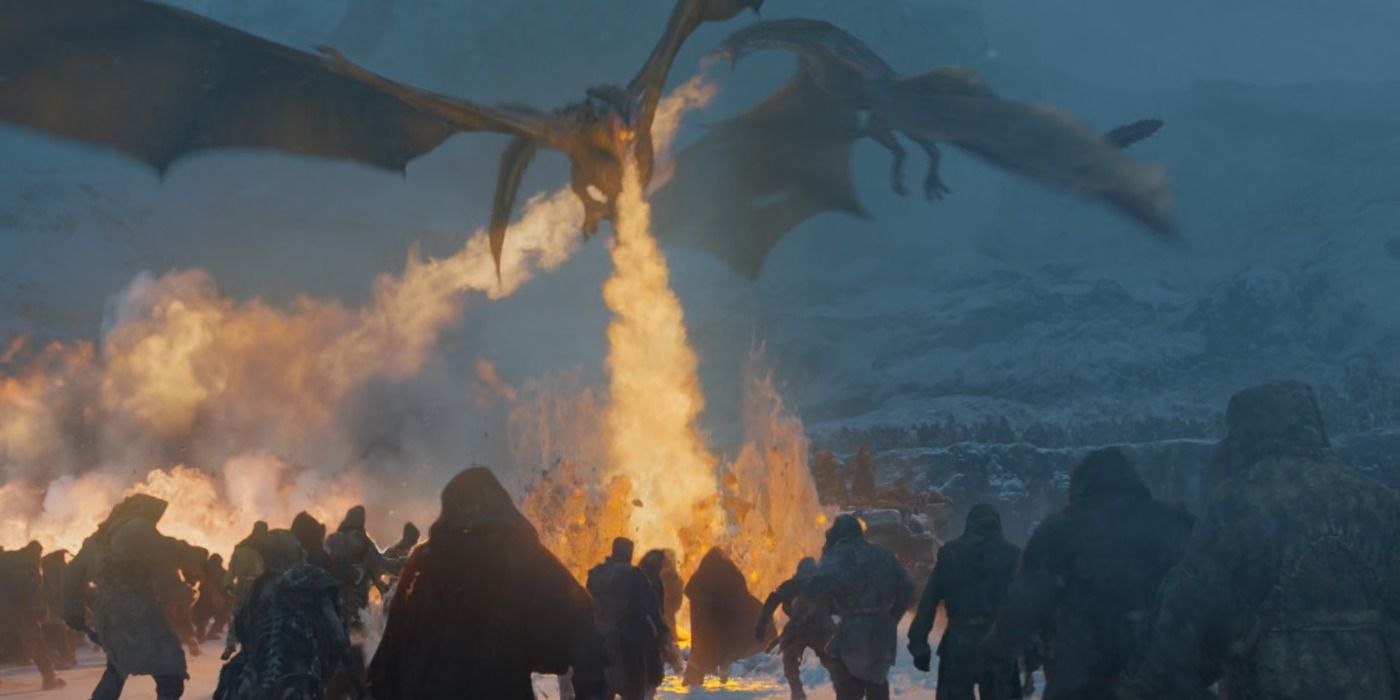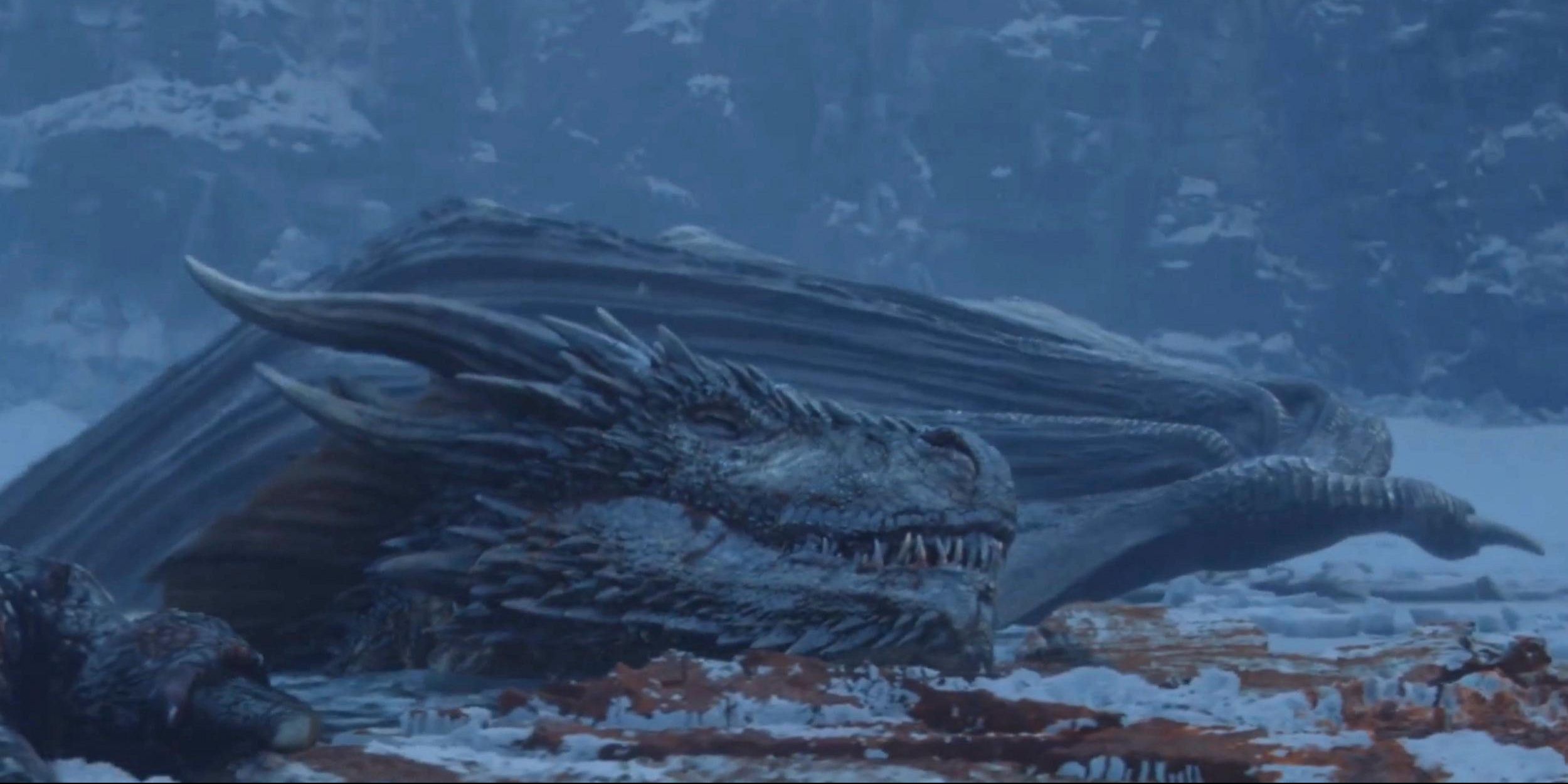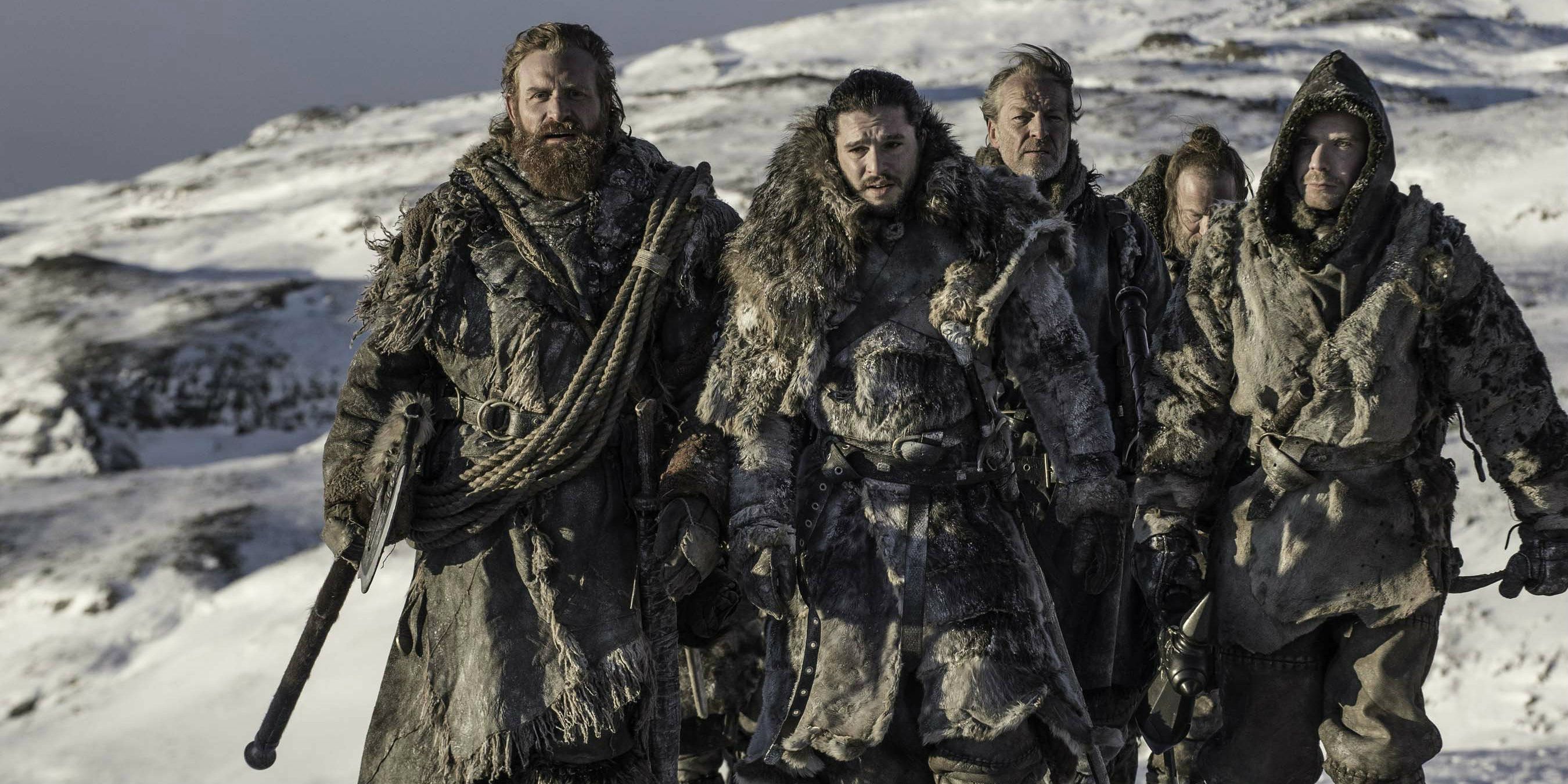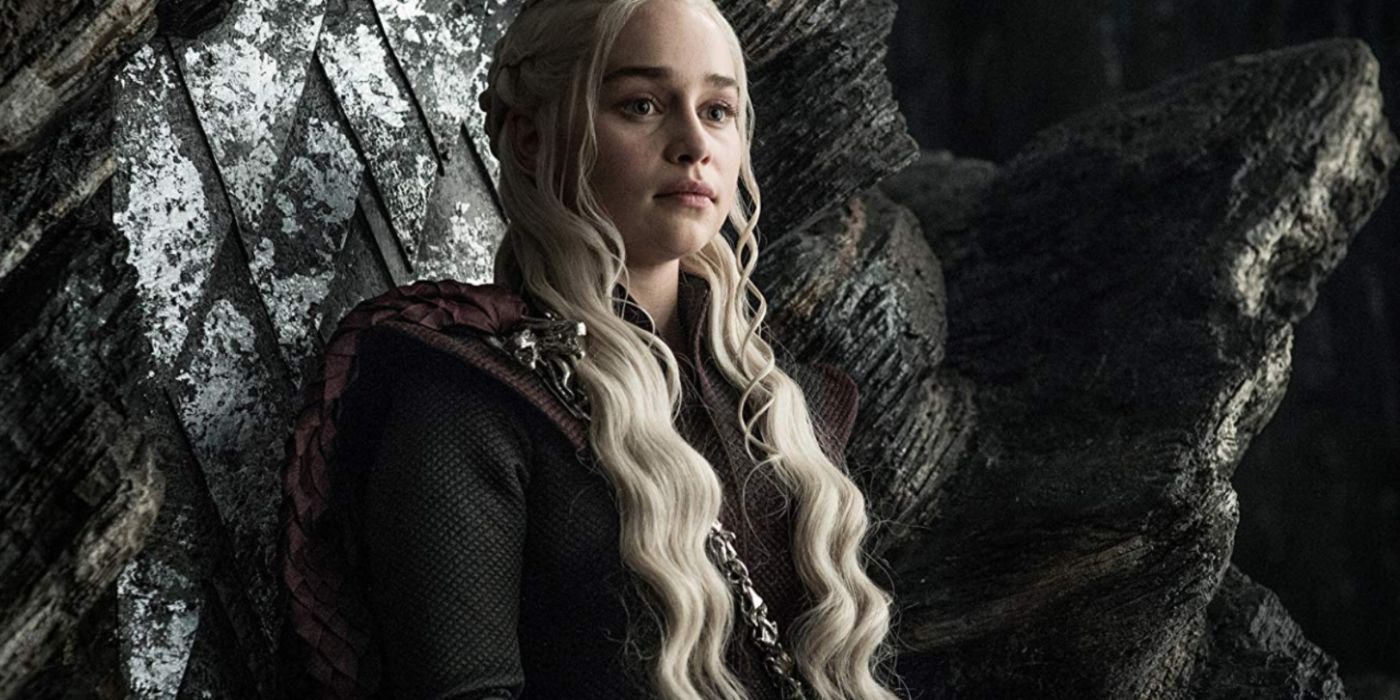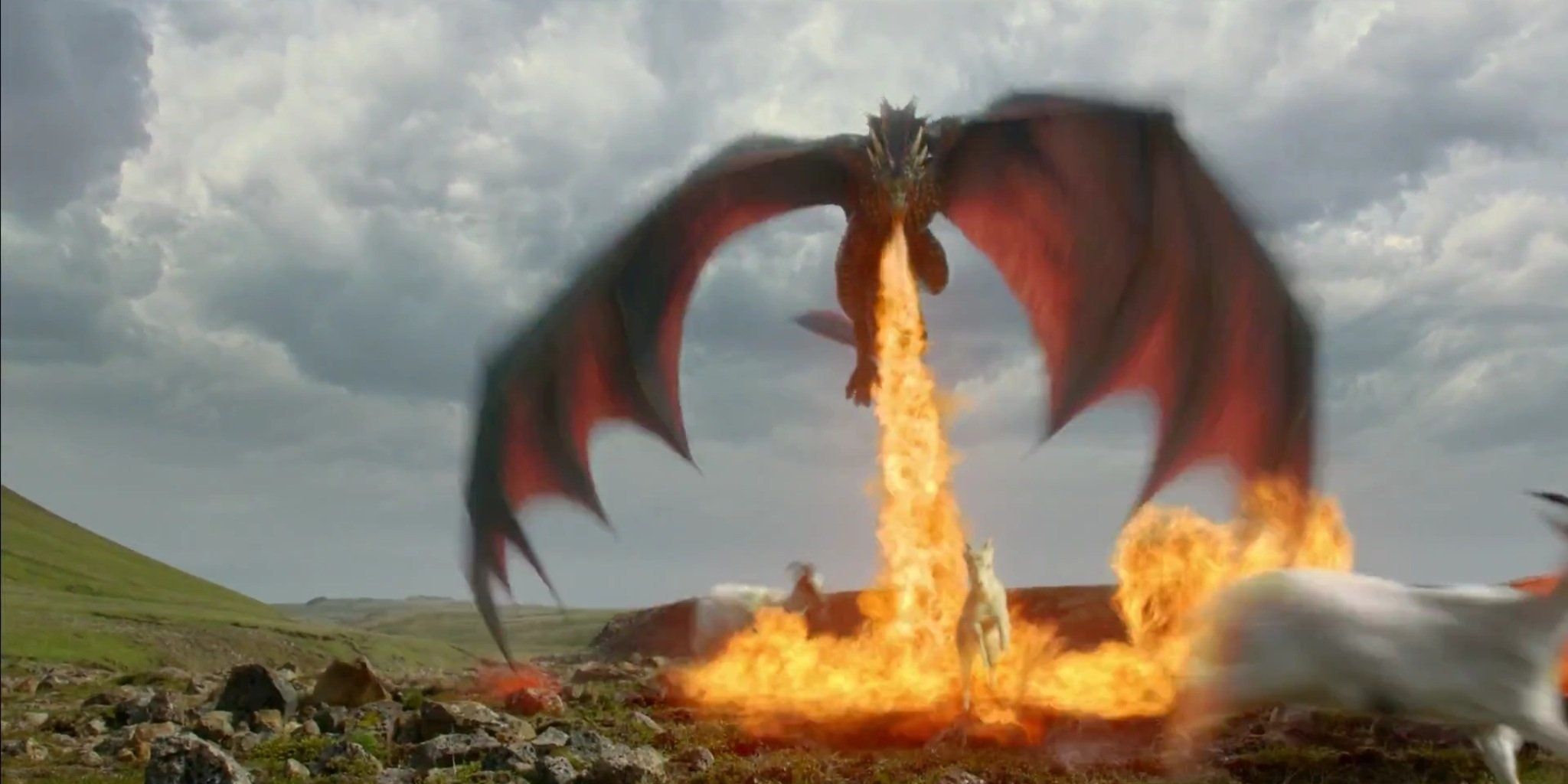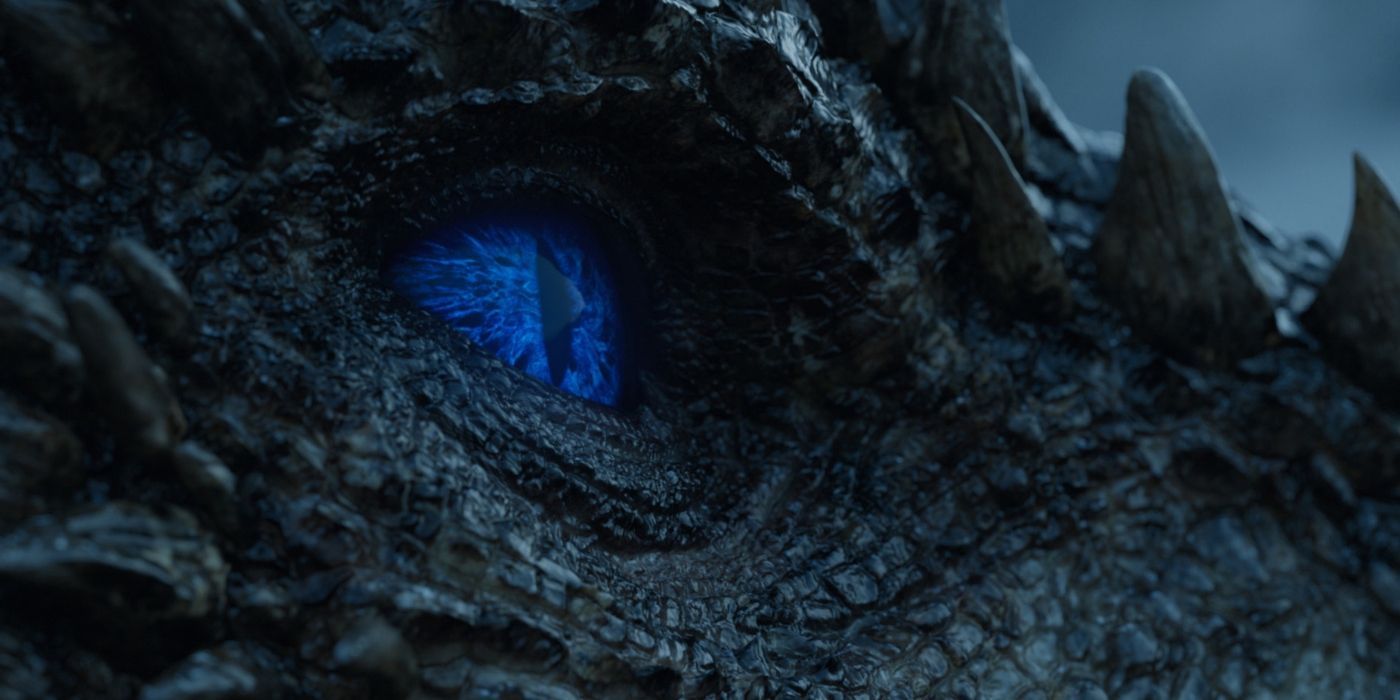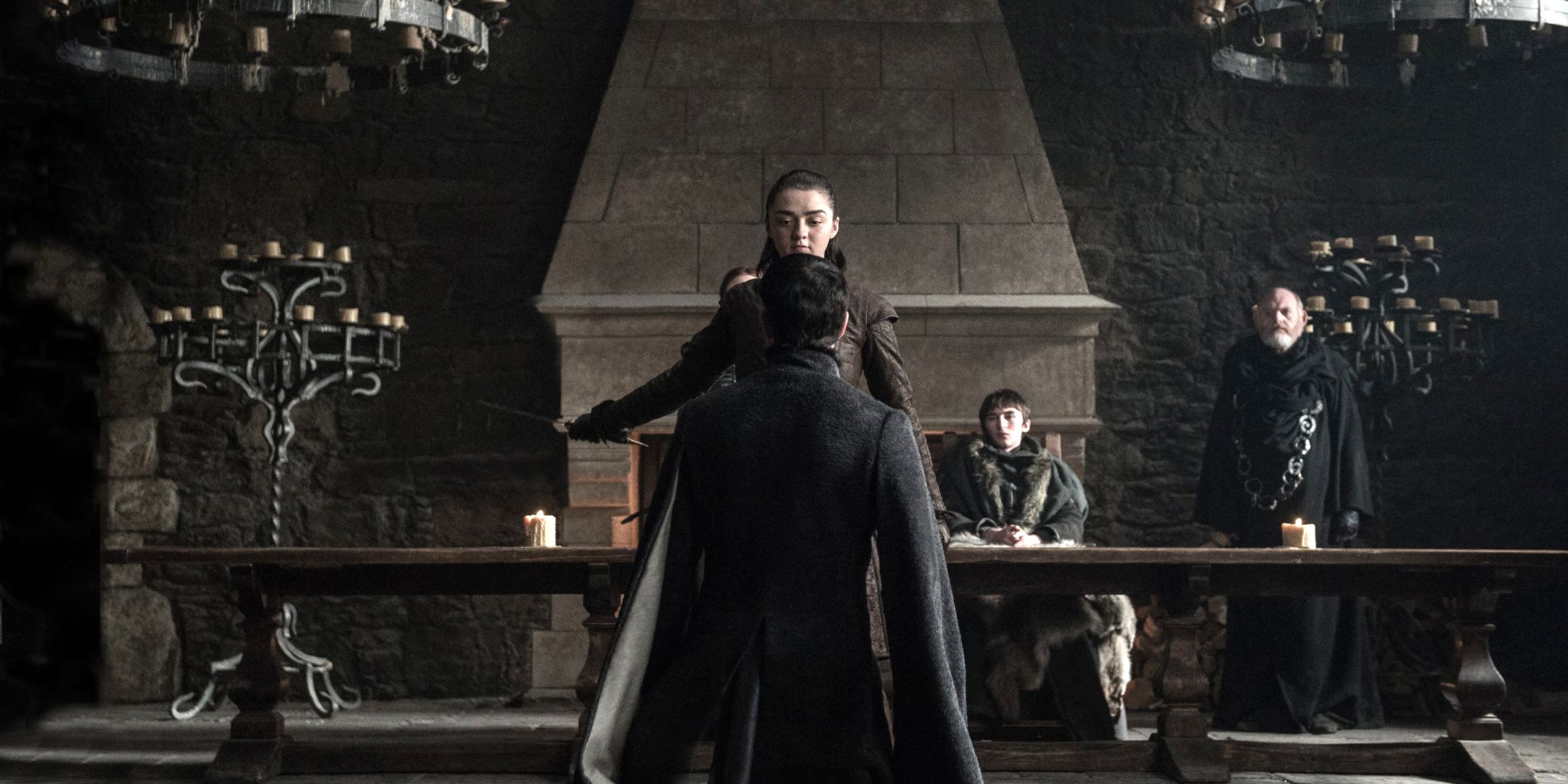
From “The Last of the Starks” to “The Iron Throne,” via Jaime Lannister leaving Brienne, Daenerys Targaryen burning King’s Landing, and a coffee cup, the apparent problems developed then snowballed, and all of a sudden Game of Thrones’ ending had “ruined” the show. I actually like a lot of season 8, including the series finale, which admittedly puts me in the online minority. But while I understand the many complaints, this was absolutely not an issue that existed in isolation, but the result of a shift in its storytelling (alongside overtaking the books) that was, at least in hindsight, clear much earlier.
“Beyond The Wall” Clearly Signaled Game Of Thrones Season 8’s Problems
Season 7, Episode 6 Had Some Major Issues
On the surface, Game of Thrones season 7, episode 6, “Beyond the Wall,” is a great episode. Describe what happened in basic terms, and it honestly sounds kind of amazing:
- You’ve got a bunch of fan-favorites together, essentially as Westeros’ Avengers, regaling stories from their past with many different connections.
- They fight an undead polar bear, a White Walker, and one of the biggest armies of wights we’ve seen yet.
- Daenerys arrives with all three of her dragons to mount a rescue mission.
- The Night King kills a dragon… and reanimates it as a wight!
How much time passed? How fast did Gendry run back to the Wall? At what speed do ravens and dragons fly? Why the f**k were they trying to capture a wight in the first place? Those questions combined for plot holes so deep Wun-Wun couldn’t climb out of them, and while individually that’s not necessarily a glaring problem, especially if what’s around it is good, together they highlight the shift in the show’s approach.
Game Of Thrones Season 7 Is Worse Than Season 8
It Avoided The Same Level Of Criticism
Game of Thrones season 7 faced some criticism, but on the whole it was well-received, speaking very generally. It has 93% with critics on Rotten Tomatoes, which is around par for the series, and 81% with audiences; a dip but still very respectable. That’s compared to scores of 55% and 30%, respectively, for season 8. Is season 7 really that much better? I’d argue the opposite.
There’s a lot of great stuff in season 7 still, but looking back, the problems are bigger here, and it’s in the logic and detail. The pacing is expedited, where journeys that once would’ve covered multiple episodes – and a lot of character development – happen instantly. Where people act in ways to service the plot, but not in ways that are true to their character. Where there’s clearly a plan for point A and point Z, but the other 24 parts between them are jumbled up.
There were plenty of bad storylines before season 7 – Dorne is a prime example – but it was often because of flaws in execution. “Beyond the Wall” is flawed in idea. Just as bad, and one of my least favorite plots in the entire show, is the entire Arya/Sansa/Littlefinger scheming and audience fakeout at Winterfell. It’s cheap, in a way the show wasn’t previously.
I actually think season 8 does a better job with these problems, because it finds a greater balance between the epic scale and having emotional heft and thematic weight, certainly in something like “A Knight of the Seven Kingdoms,” but I find it more throughout those final episodes too. Neither season is perfect, nor are they terrible – I still really enjoy re-watching both of them even now – but when looking at where Game of Thrones season 8 went wrong and why it sparked such a widespread backlash, the signs were right there in season 7.

